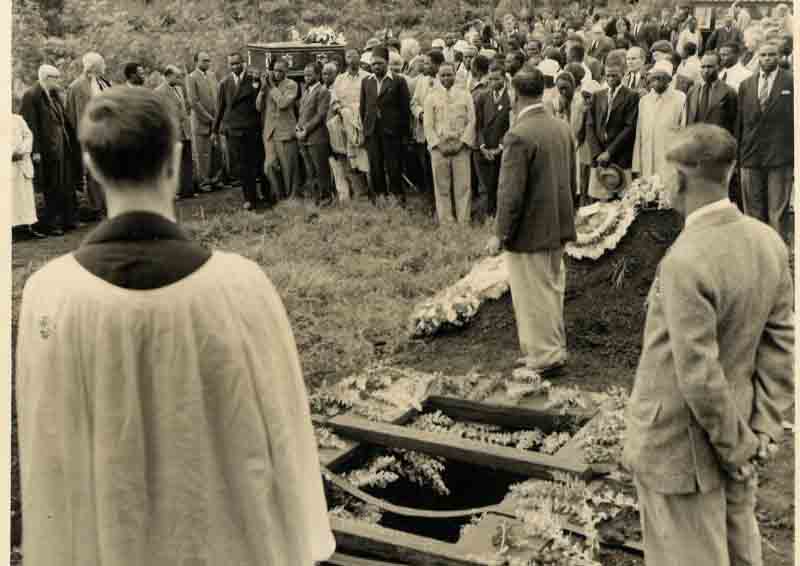×
The Standard e-Paper
Stay Informed, Even Offline

Detectives described it murder in the best Chicago style. The assassin had a sense of macabre humour too. First, he saluted, then raised the .38 Wesson pistol and emptied five bullets into the senior chief’s body. The execution took 15 seconds.
He then deflated the tyres of his victim's car, and escaped in a taxi, leaving behind a political turmoil that forever changed Kenya.